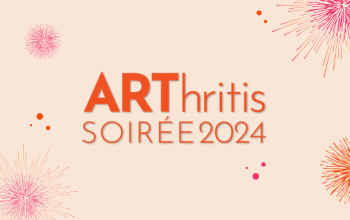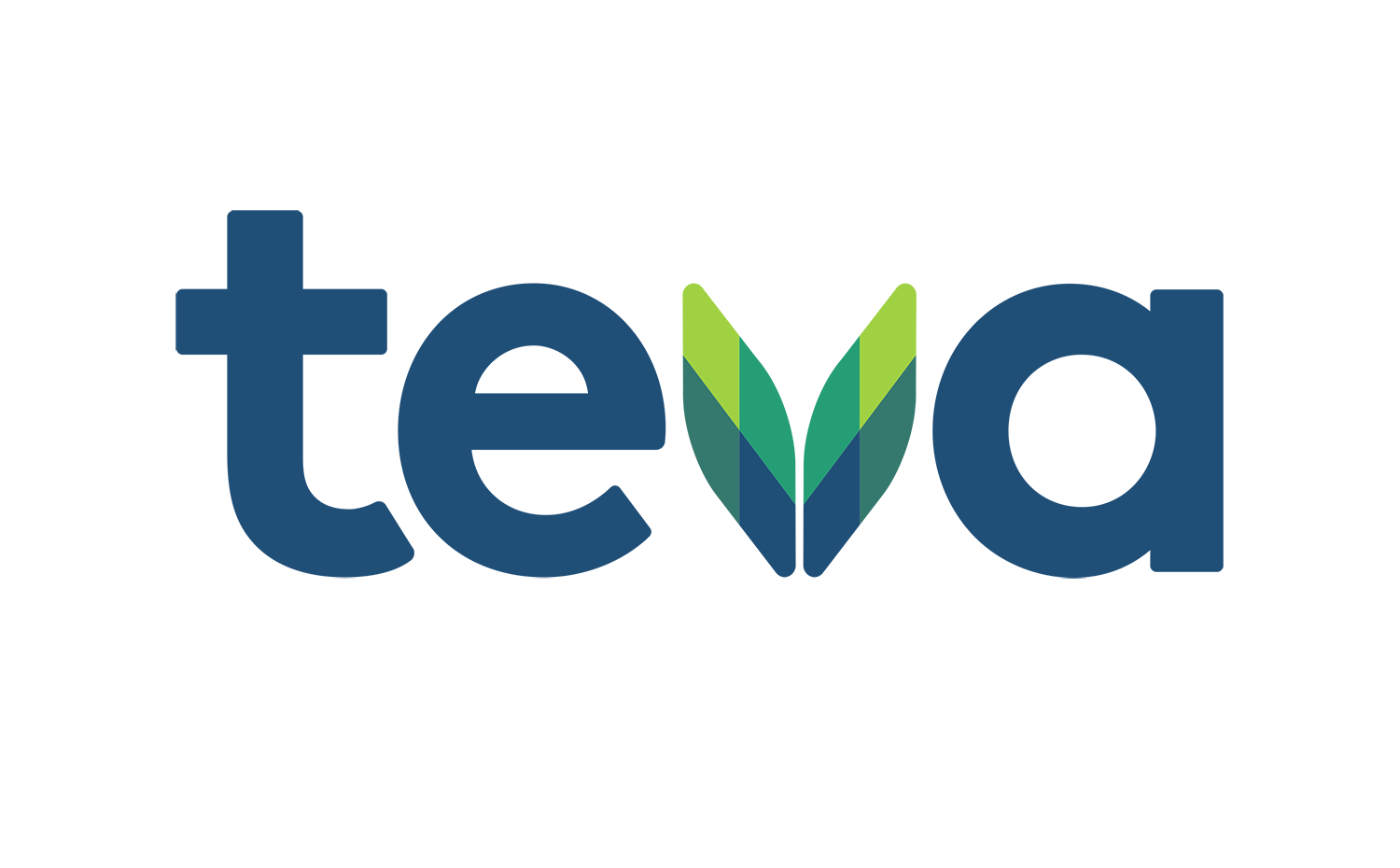The Arthritis Newsletter
Fall 2015Consumers as partners: Recruitment and retention a challenge
By Janet Gunderson, Colleen Maloney, Annette McKinnon
The 12th Annual Cochrane Canada Symposium in Calgary this May emphasized the entrenchment of patients/consumers in all aspects of Cochrane (and research decision-making in general) from consumer participation on the Cochrane Steering Committee to involvement in reviewing Protocols, Reviews and Plain Language Summaries. Some consumers are also partners on research studies and members of writing teams. All of us work to find new pathways for knowledge dissemination.
Our value is great but our numbers are few, a fact raised often throughout the Symposium.
In the early 2000s it wasn’t easy for patients/consumers to raise their questions, ideas, and concerns at scientific conferences. We were unknown by most and considered interlopers by many. Champions within the scientific community like Dr. John Esdaile, Scientific Director, Arthritis Research Canada, and Dr. Peter Tugwell, Senior Scientist, Clinical Epidemiology Program, Ottawa Hospital Research Institute recognized our potential, encouraged our contribution, provided educational resources and ensured our attendance. Confidence followed. Now, fifteen years later, we have a presence at most conferences, research scientists know us, and we are comfortable participating in discussions. As one challenge is overcome, another is presented.
Reaching New Heights, Measuring Success was the theme of this year’s symposium with many presentations and workshops focusing on recruiting, retaining and enhancing consumer involvement. Presenters from COMET (Core Outcome Measures in Effectiveness Trials) and SPOR (Strategy for Patient Oriented Research) led the morning Plenary sessions on Thursday and Friday respectively.
COMET presenters explained that clinical trial outcomes must be relevant to patients and caregivers as well as healthcare professionals, policy makers and the general public in order to influence health policy and practice. They suggested that patients and caregivers be involved in developing core outcome sets (COS) that are most relevant to them – the patients. Researchers, they acknowledged, face challenges when planning to involve patients in COS development. They include:
- Finding patients and caregivers,
- Keeping them involved over time, and
- Determining their views on the most important outcomes.
SPOR presenters spoke about their mandate and the importance of ensuring that research funding be patient oriented. They cited a United Kingdom example where research focused on patient identified priorities, resulting in improved health and better access to the health care system. Presenters also addressed the opportunities and challenges of patient engagement from inclusion in governance to research decision-making. Focusing on consumer involvement in Cochrane Canada, Eileen Vilis, Cochrane Canada’s Knowledge Broker, led a consumer workshop that explored future opportunities for consumers acknowledging internal strengths and weaknesses. Strengths included:
- Consumer diversity, tenacity and expertise
- Cochrane staff support.
Weaknesses listed were:
- Lack of a formal recruitment process
- Lack of a mentoring program.
External opportunities for moving forward identified formal links to academic institutes as the most promising avenue for raising Cochrane Canada’s profile, consumer recruitment, and dissemination of Cochrane Reviews.
Everything you wanted to know about Cochrane Methods but were afraid to ask.
One of my favourite learning sessions was about Cochrane Methods specifically PICO (Population, Interventions, Comparison, Outcomes). It was a valuable refresher for me, a consumer, and for people like me who are involved in Peer Review activities related to Systematic Reviews. We evaluate the relevance, outcomes, logic, flow and clarity of reviews or protocols and determine their value. Alain Mayhew, from the Cochrane Bias Methods group, led the workshop with support from Julia Worswick and Martie Muller. He explained Cochrane’s PICO approach used in Cochrane reviews.
The following is a brief overview of his presentation from my notes.
Population - he explained, must be clear so that the reader knows who is being represented: adults, children, seniors (age range), females and males (gender), disease/condition, i.e., rheumatoid arthritis.
Interventions – must be described. For example in drug therapy is the type, dose, frequency, place of administration, combinations, length of intervention and so on included.
Comparison – what are the categories being compared, i.e., those who received treatment (intervention) and those who either did not receive the treatment or received the “usual care” (control).
Outcomes are the important outcomes included? Are they relevant to patients and care providers? Adverse events/harms?
The knowledge exchange at all Cochrane events generates an energy among most patient/consumers that demands deeper involvement. Fortunately we know our desire to be involved will be welcomed.
Cochrane in Canada: What’s your story?
Another session, different from all others, introduced the results of the “What’s Your Story” competition. In April 2014 Cochrane asked Canadians to share how Cochrane Reviews helped them make clinical, personal and policy-related decisions. Over 80 submissions were received. Some were from medical students who were writing research papers, others were from clinicians who discovered better practices for senior care, and still others from allied health care professionals.
Denise Harrison, a nurse from Ottawa, Ontario was the first place winner. She turned to a Cochrane Review that in turn sparked a research program.
Suzanne Tedrick, a nurse from Shawnigan Lake, British Columbia, the second place winner, became an advocate for herself “thanks to Cochrane.”
And a consumer, caregiver and patient advocate, Marilyn Walsh from Hamilton, Ontario was the third place winner. Ms. Walsh who, in need of a second opinion in an emergency situation, turned to The Cochrane Library for answers and reassurance about the treatment intervention being proposed.
Cochrane Canada is now faced with severe funding cuts. To raise its profile and attract funders, Cochrane wants and needs to hear from us. Let’s roll up our sleeves and tell everyone how Cochrane has impacted our work or life? Submit your story online. It’s time for us to give back.
References:
SPOR: http://www.aihealthsolutions.ca/media/SPORBrochure2015_5.pdf
COMET: http://www.cometinitiative.org/
COCHRANE Canada: http://ccc.cochrane.org/
What’s Your Story: http://ccc.cochrane.org/cochranecanadawhatsyourstory
Submit your story online: http://ccc.cochrane.org/howcanihelpsavecochranecanada





















































